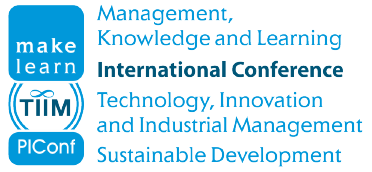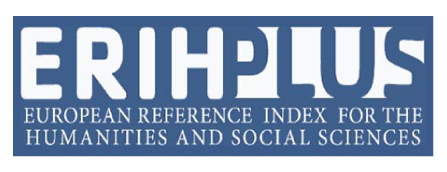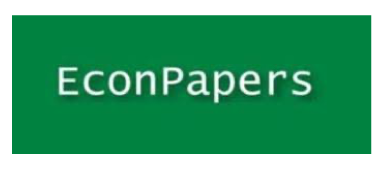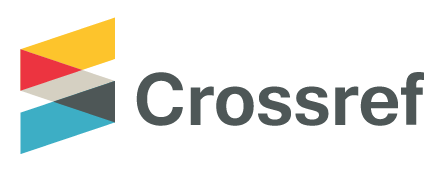Published by ToKnowPress, International Academic Publisher.
Learn more about MakeLearn International Conference
IJMKL is indexed/listed in:
The International Journal of Management, Knowledge and Learning (IJMKL) is registered with Crossref for the assignment of DOI identifiers to scholarly publications.
IJMKL is supported by the Slovenian Research and Innovation Agency.

IJMKL is archived by the National and University Library of Slovenia.














